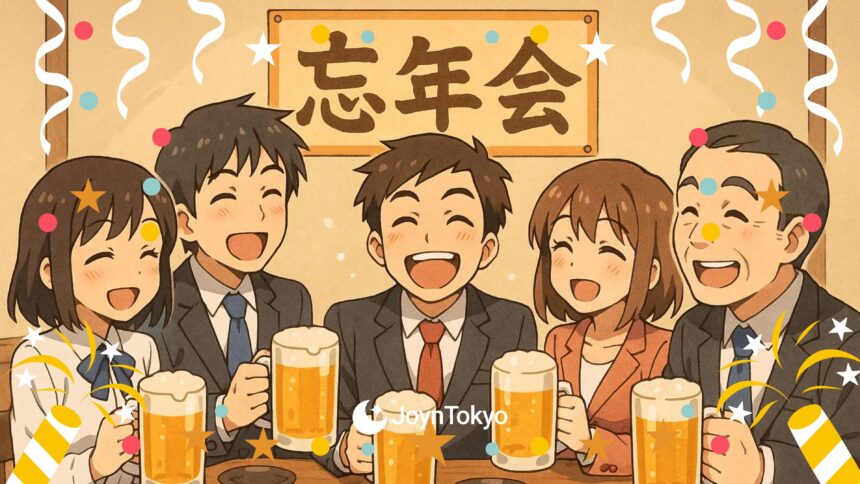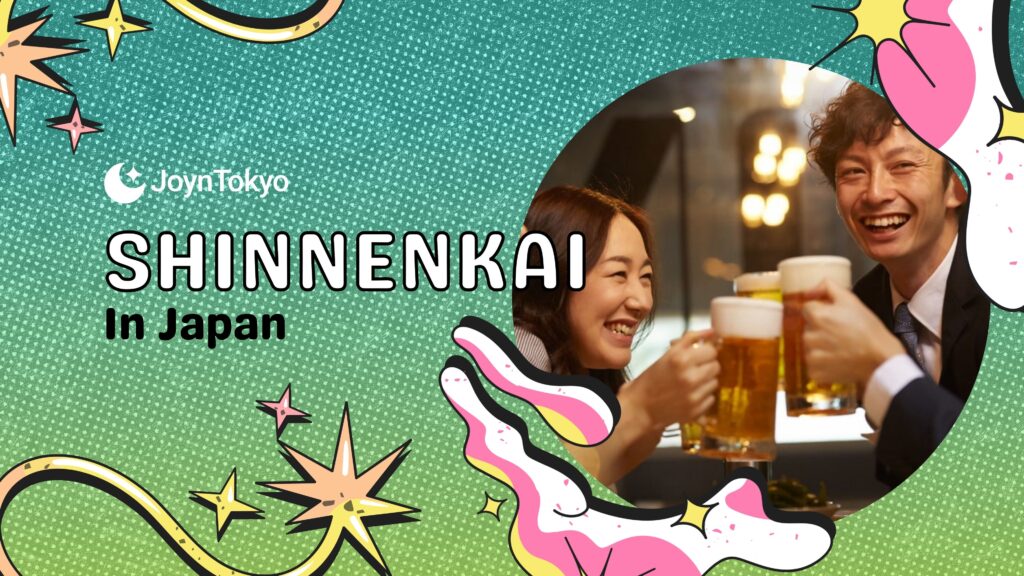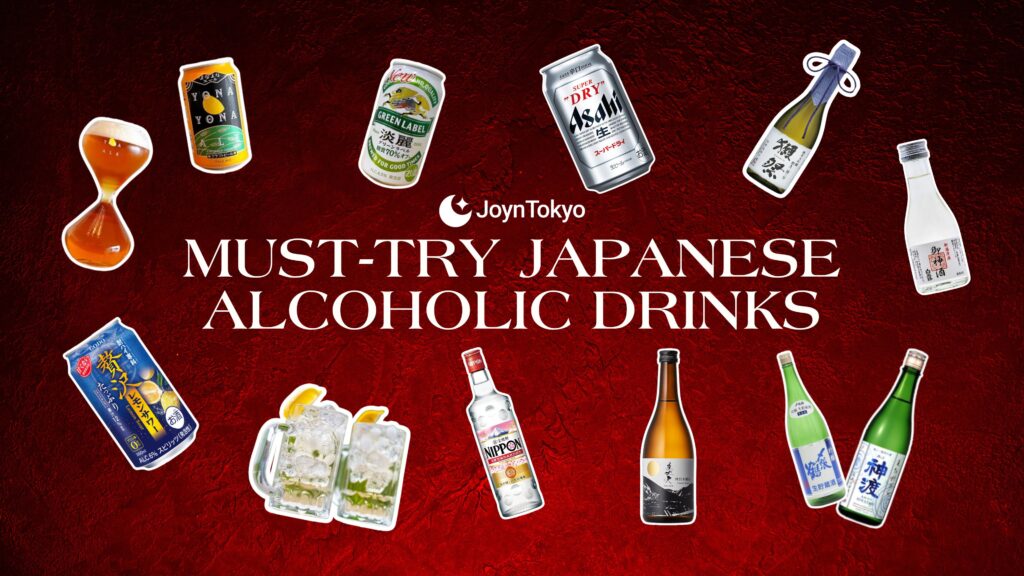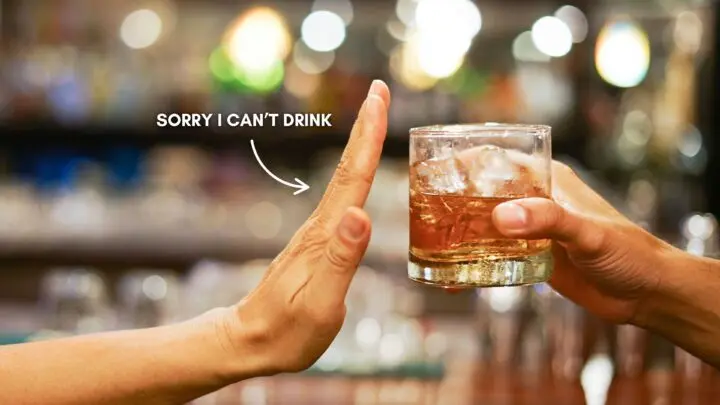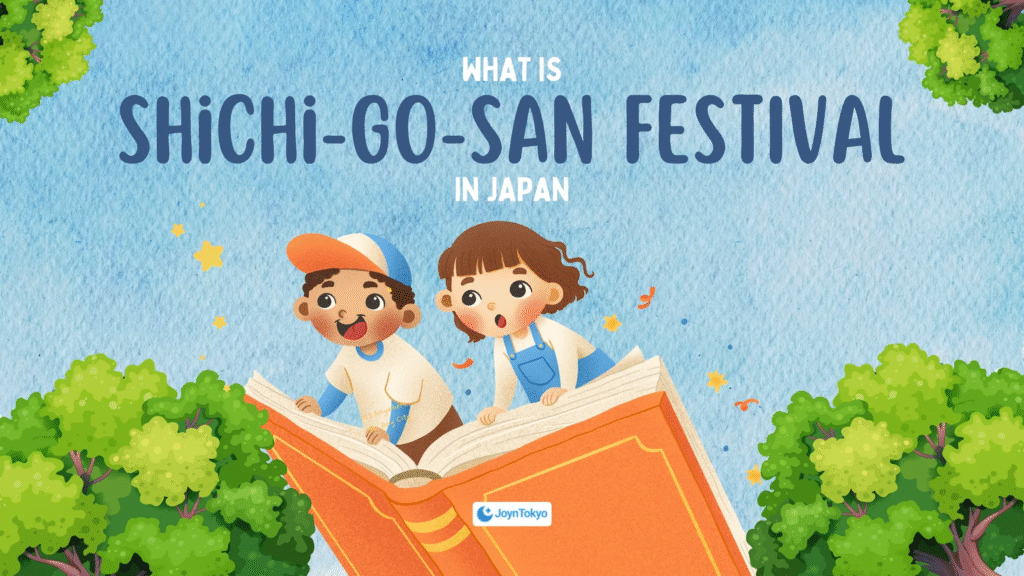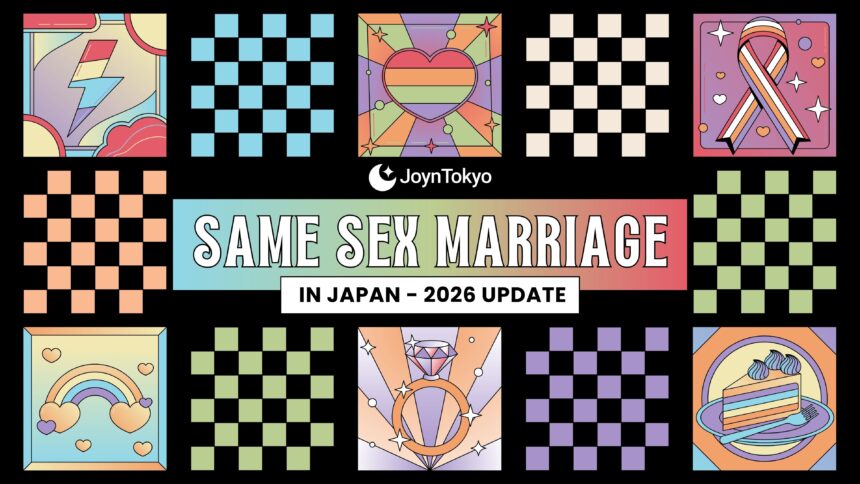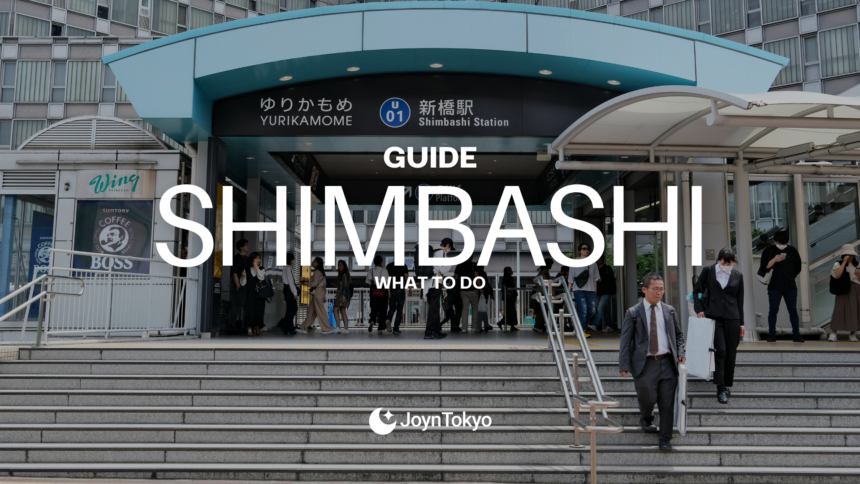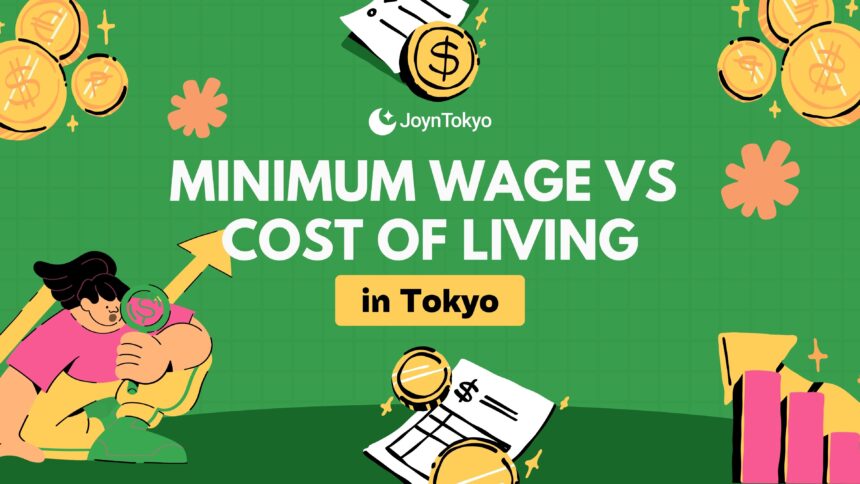It’s November already, so for many of us, it’s time to start thinking about the upcoming holidays, spending time with family, and buying gifts for loved ones. Before that, however, you’re going to need to think about your office’s Bonenkai!
For long-time Japan residents, this can either be something you’ve been looking forward to since the last Bonenkai, or that most dreaded of activities: mandatory fun. If you’re new to Japan however, you might not be familiar with this hallowed December ritual. So if it’ll be your first time, let’s bone-up on Bonenkai!
What Is a Bonenkai?
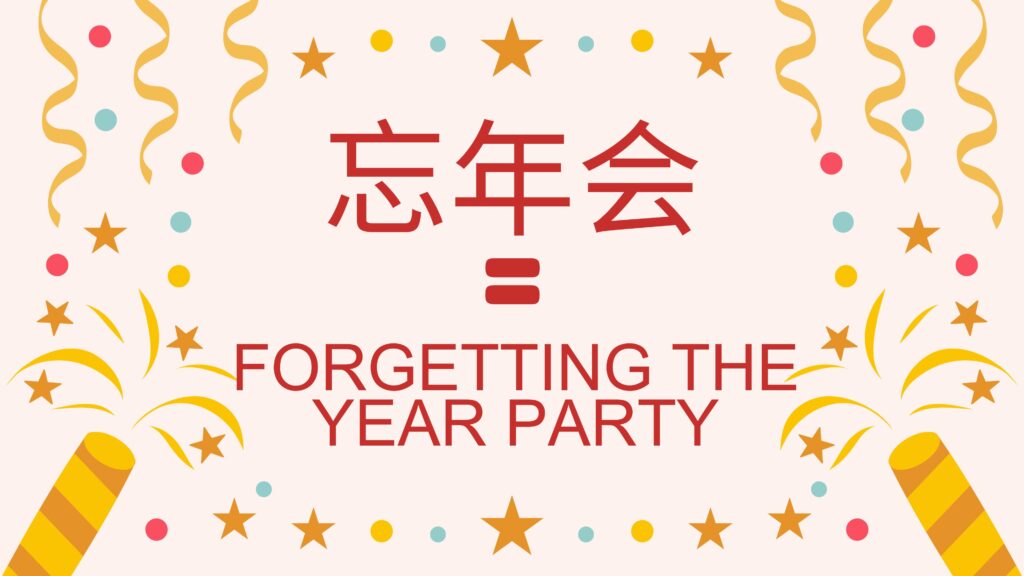
Bonenkai is written “忘年会” in Japanese, and literally means “forgetting the year party.” It pairs with another long standing tradition, the Shinnenkai, which welcomes the new year and sets a fresh tone for January. It is, as you may imagine, a time to forget the troubles and tribulations of the last year, and put them behind you. And what better way to reminisce first and forget later than with a sip or two of the devil’s candy, AKA alcohol?
Read More
This is probably not an especially alien concept for most. After all, drinking and eating to excess is part and parcel of many winter celebrations and traditions. So what makes it different in Japan — and what makes it similar to what you might be used to? First, let’s take a look through history.
The Cultural Meaning Behind Bonenkai
Bonenkai began, as with many things in Japan, centuries ago. The practice emerged from the 15th Century, when members of the samurai class and the aristocracy would gather towards the end of the year, to celebrate all of the year’s successes in what were known as noukai (納会/great achievement gathering).
These gatherings would typically consist of poetry writing and recitation (favorite activities in the Japanese court), followed by feasting and drinking. These celebrations, however, soon became known as Bonenkai, and following the end of feudalism during the Meiji Restoration, the practice began to spread among the commoners, who were no longer peasants, but equal citizens in the new Japan that has persisted (if changed somewhat) to this day.
Bonenkai in Modern Japan
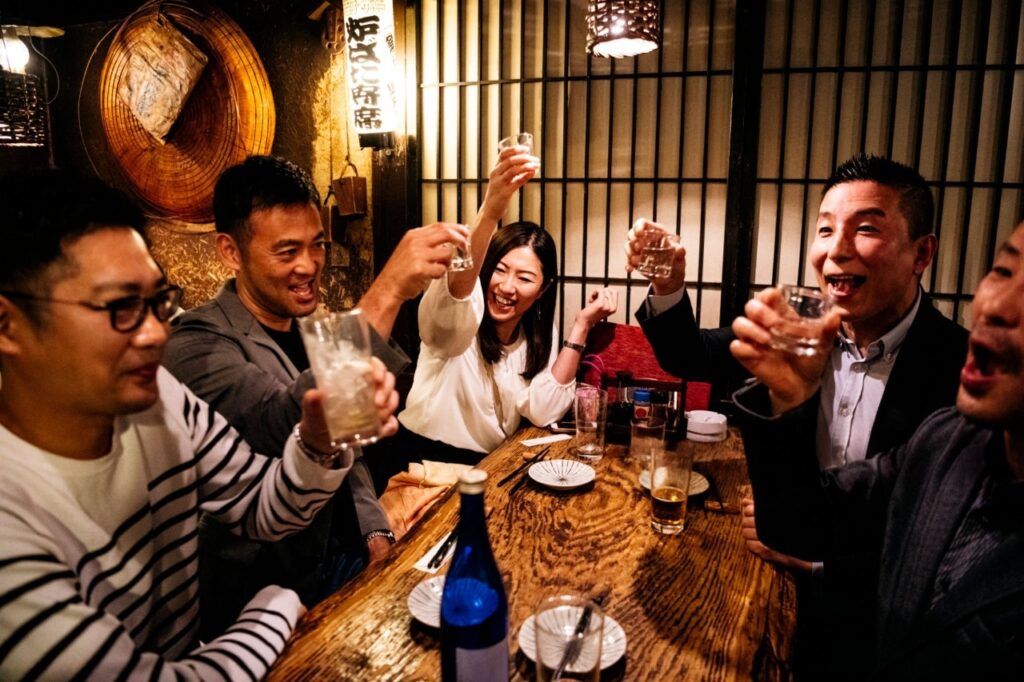
Bonenkai today often takes one of two forms. The first is between friends. For the New Year’s holidays, many people will (as during Obon) leave the larger cities and return to the smaller towns and villages of their birth, where their parents and grandparents often still reside. So before they do, it is common for people to book a table at an izakaya or restaurant to enjoy food and drink together for the last time in the year.
However, Bonenkai are more commonly known for drinks between colleagues and bosses. Usually, companies (or subdivisions of larger companies) will similarly book a table, and foot the bill for employees to have food and drink as the celebrate all the year’s accomplishments and put any and all of the year’s struggles behind them.
If your friends or company have arranged a Bonenkai, then, what should you be ready for?
What Happens at a Bonenkai
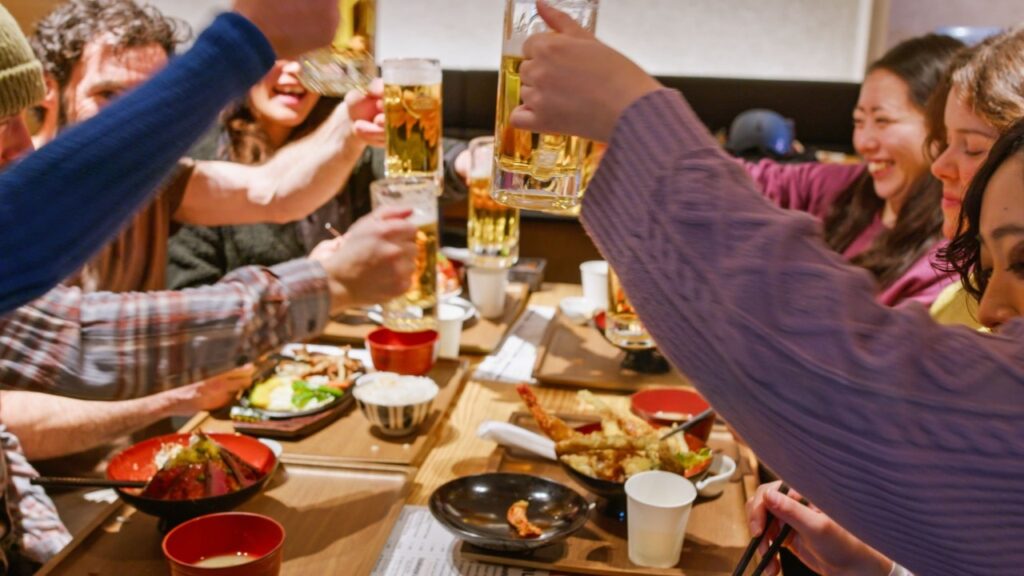
As you may have gathered from the previous paragraphs, there is one central star of Bonenkai: booze. The general feeling is that alcohol helps you to celebrate, and to forget. This has been a feature of Bonenkai for hundreds of years, and is still a staple to this day. That being said, while Japan has always been a society that has enjoyed indulging in happy juice, these days it is not uncommon for people to think and act in a healthy manner, so don’t worry if you don’t want to drink to excess (or at all).
Read More
Bureikō at Bonenkai
One of the key features of Bonenkai is that, for the whole night, the typical social hierarchies between employees and managers falls away. Described in Japanese as bureikō (無礼講), translated as “free and easy.” Tonight, you don’t have to be formal with your boss: you’re all there to just have a good time and destress from the last year.
Karaoke at Bonenkai
Some companies will also hire a karaoke machine, for those whose vocal chords have been warmed up a little from Dutch courage, and so are eager to show off your skills, perhaps to impress your office crush, or make you memorable enough for a promotion (but maybe so you don’t ruffle feathers, avoid Dolly Parton’s “9 to 5”).
So does this article comes to an end, as the year soon will. With any luck, you’ll have all the knowledge you need to be ready for a “forget the year” party that will be worth remembering.

